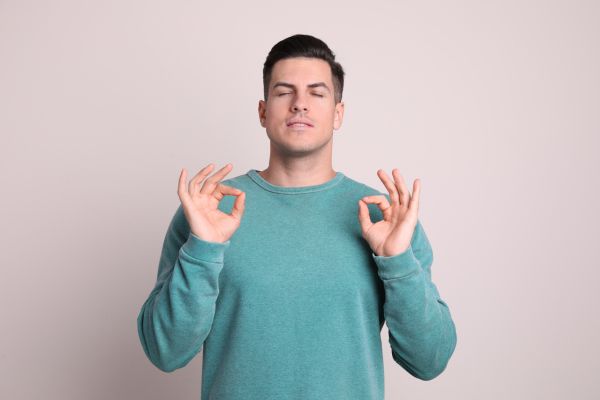Ah, “presidential immunity”—a term that pops up in news cycles every now and then, sparking debates and raising eyebrows. But what’s it all about? Simply put, presidential immunity refers to the legal protections afforded to a president, shielding them from certain legal actions during and, in some cases, after their tenure. Let’s break it down and explore why it’s such a hot topic and what it means for justice and accountability in leadership.
The Roots of Presidential Immunity
Ever wondered where the concept of presidential immunity came from? It’s not just a legal loophole created out of thin air but has deep historical and legal foundations. Initially, the idea stemmed from the need to ensure that the head of state could perform their duties without the constant threat of lawsuits and legal distractions. Here’s how it evolved:
- Historical precedents: Looking back to monarchs and rulers, immunity has long been part of the governance fabric, ensuring leaders can govern unimpeded by personal legal challenges.
- Constitutional debates: In the United States, the framers of the Constitution debated the scope and limits of presidential immunity, balancing accountability with necessity.
The Legal Landscape
To truly grasp the concept, we must dive into the legal underpinnings that support presidential immunity. Here’s where it gets a bit technical, but hang in there—I’ll keep it light!
- Federal laws: These laws outline the dos and don’ts, shielding the president from civil suits regarding actions taken while in office.
- Supreme Court rulings: Landmark cases such as Nixon v. Fitzgerald affirm that the president is immune from civil litigation for official acts.
When Immunity Becomes Controversial
Hold up! Before you think it’s all smooth sailing, let’s talk controversies. Presidential immunity isn’t without its critics. Many argue that it can be a shield for misconduct. Here are a few instances where it sparked national debates:
- Impeachment proceedings: These are a direct consequence of the clash between presidential actions and legal accountability.
- Post-presidency legal battles: Once a president is out of office, the cloak of immunity wears thin, leading to potential legal challenges.
The Impact of Presidential Immunity
Moving on, let’s consider the broader implications of presidential immunity on society and governance:
- Accountability vs. freedom to govern: This balancing act is central to the debate on presidential immunity. How much leeway should a president have, and where should we draw the line?
- Public perception: The concept can sometimes lead to public distrust, especially if it’s perceived as a way for leaders to dodge accountability.
FAQs on Presidential Immunity
Got questions? You’re not alone! Here are some frequently asked questions about presidential immunity:
- What does presidential immunity protect against?
- It primarily protects against legal actions taken in response to official acts performed while in office.
- Can a president ever be sued?
- Yes, but mostly for actions that fall outside their official duties.
- Does presidential immunity continue after a president leaves office?
- Generally, no. The immunity covers only acts directly related to official duties while in office.
Conclusion: The Shield and its Edges
Presidential immunity, like any legal concept, is a double-edged sword. It’s there to ensure that the head of state can lead without undue interference, yet it must not become a carte blanche for misconduct. Striking this balance is key to maintaining both effective governance and public trust. As we’ve seen, the journey through legal landscapes, public debates, and political arenas highlights the complex nature of presidential immunity. Let’s keep the conversation going—after all, informed debates contribute to the evolution and refinement of our legal and political systems.
By understanding the intricacies of presidential immunity, we equip ourselves with the knowledge to discuss, debate, and shape the policies that govern our leaders. And isn’t that what a vibrant democracy is all about? Let’s chat, let’s argue, but most importantly, let’s understand.



